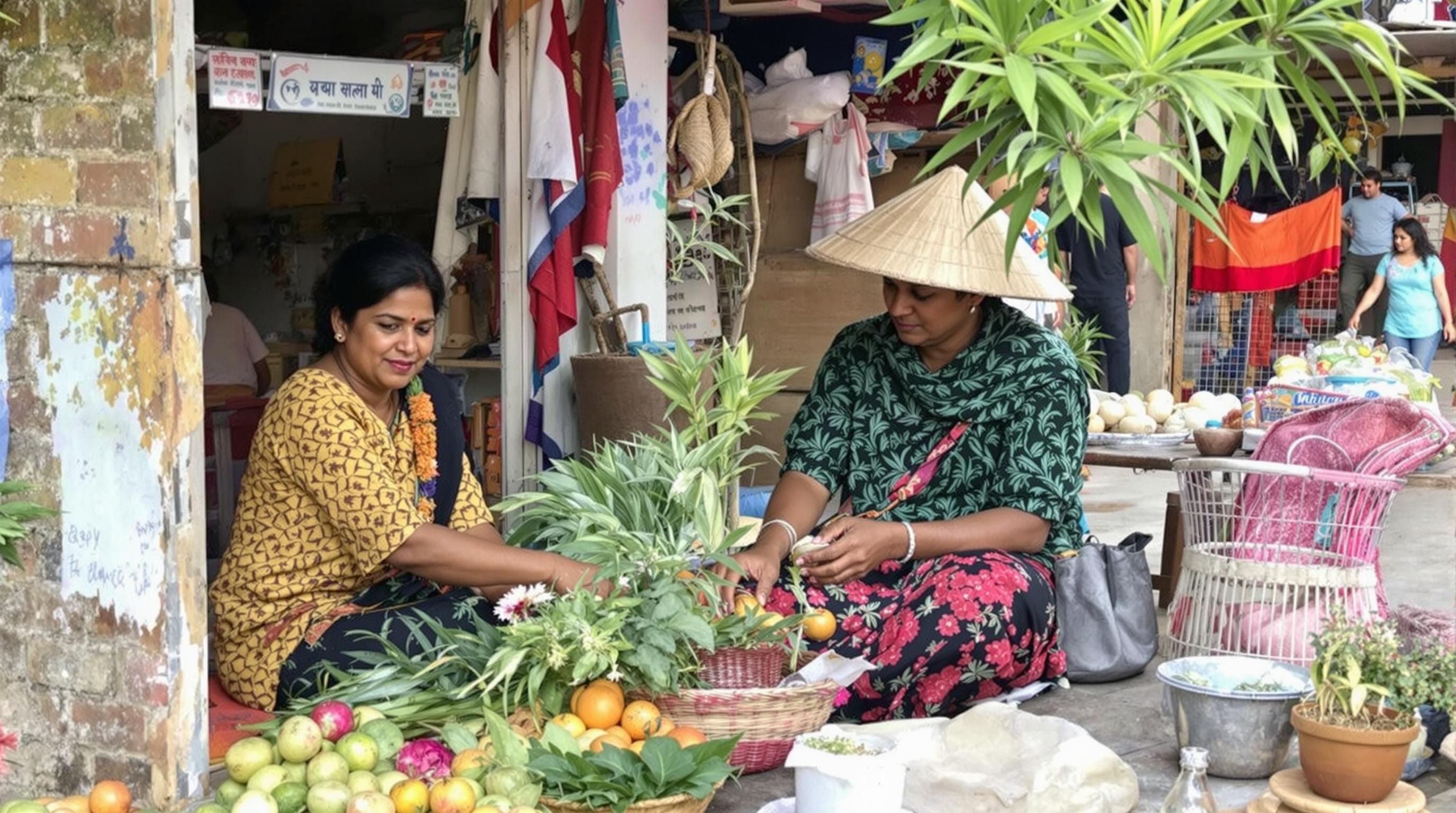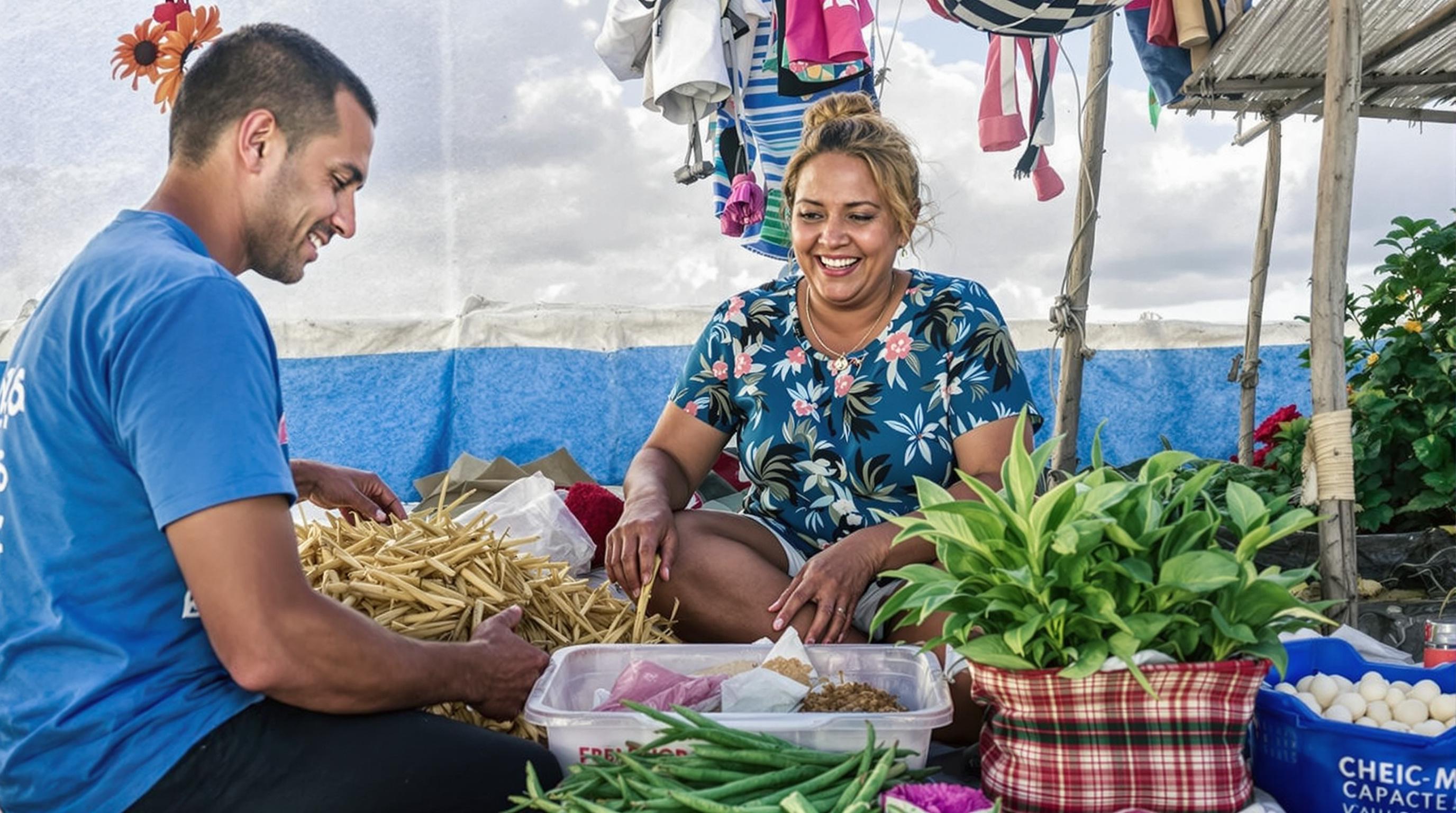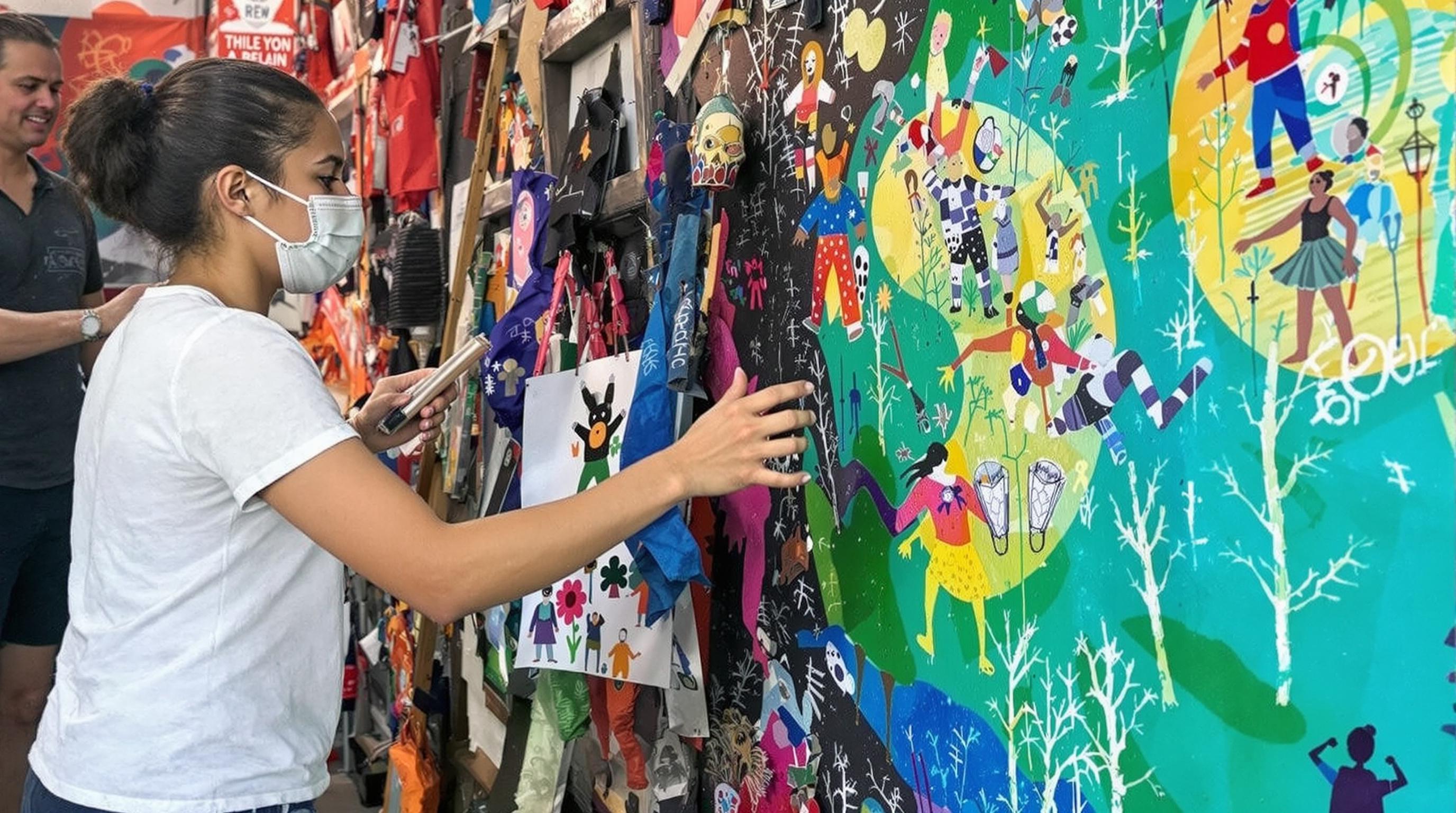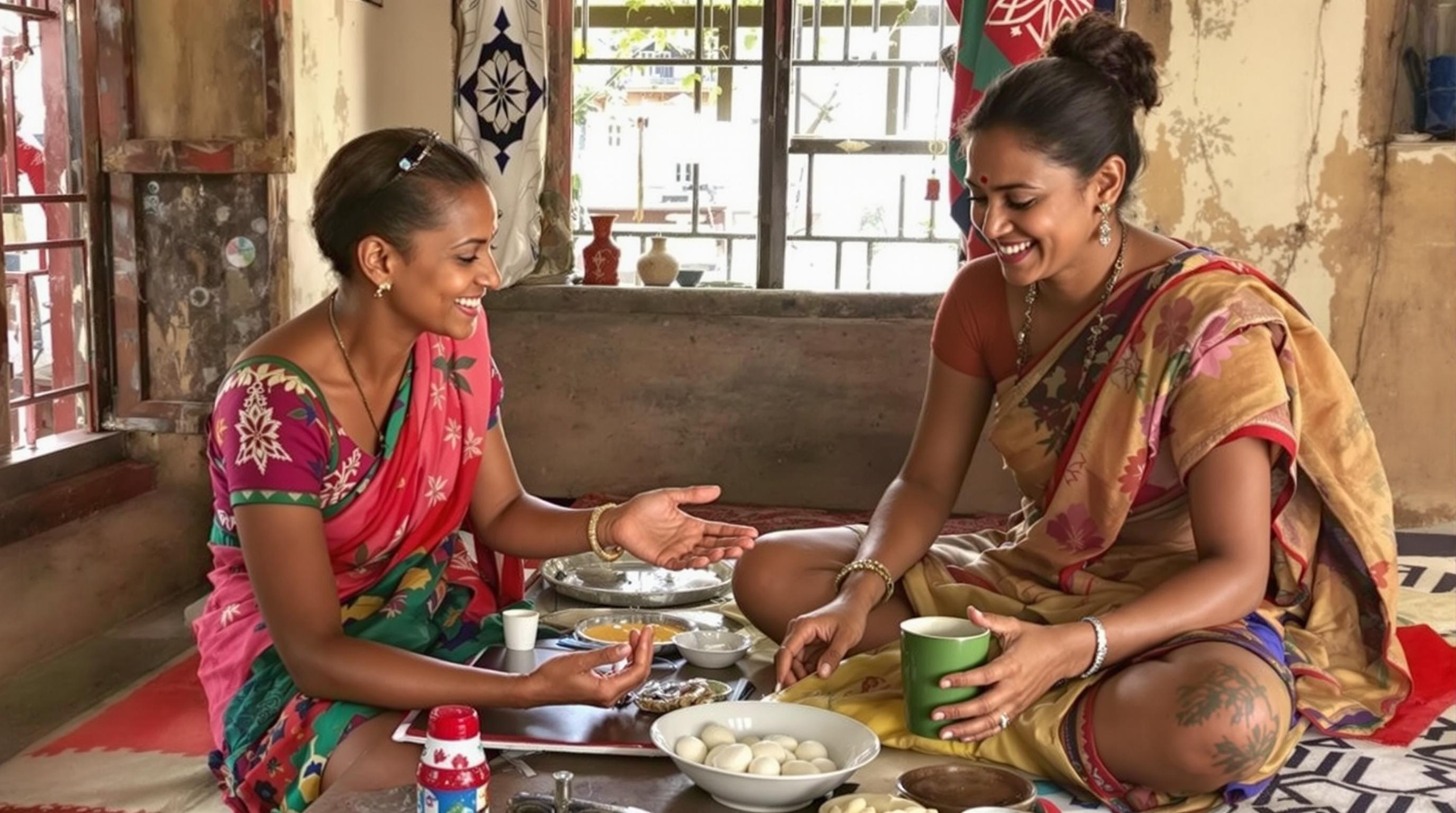Related Articles
- Uncharted Escapes: Navigating the Controversial Allure of Fringe Destinations and Their Untold Stories
- Uncharted Realms: The Surprising Intersection of Urban Legends and Adventure Travel in Offbeat Locations
- Curious Chronicles: Bizarre Transport Innovations Shaping Uncommon Explorations Across Unvisited Trails
- The Forgotten History of Eco-Adventuring: Learning from Indigenous Practices for Modern Exploration
- The Hidden Impact of Eco-Conscious Adventure Games on Environmental Education and Community Resilience
- Uncommon Routes: The Unexpected Appeal of Ghost Town Hikes in Eco-Friendly Exploration
7 Uncommon Interactions: Engaging with Local Time-Honored Practices for Deep Cultural Immersion on Your Travels
7 Uncommon Interactions: Engaging with Local Time-Honored Practices for Deep Cultural Immersion on Your Travels
7 Uncommon Interactions: Engaging with Local Time-Honored Practices for Deep Cultural Immersion on Your Travels
1. Participating in Traditional Festivals
One of the most immersive ways to engage with a culture is by partaking in its traditional festivals. These celebrations are rich in history, representing a community’s beliefs, customs, and artistic expressions. For example, the Diwali festival in India is a spectacular display of light, featuring fireworks, shared meals, and elaborate decorations that reflect the cultural importance of community and renewal.
By attending these events, travelers not only witness the vibrancy of local culture but also interact directly with the locals who are proud to share their heritage. For instance, participating in the Carnival in Brazil provides insights into Afro-Brazilian culture through its music, dance, and costumes.
Remember to research the festival dates and customs in advance. Engaging with the locals during such events often leads to valuable conversations and personal stories, enriching your travel experience significantly.
2. Learning Traditional Crafts
Another uncommon yet deeply rewarding way to engage with local culture is through traditional crafts. Many cultures have unique art forms passed down through generations, such as weaving, pottery, or wood carving. Joining a workshop allows you to learn from skilled artisans while contributing to the preservation of their craft.
In places like Oaxaca, Mexico, you can participate in a weaving workshop, allowing you to understand the intricate techniques and cultural significance behind each design. Such experiences create lasting memories and foster a deeper appreciation for the local community.
Moreover, purchasing handcrafted items directly from artisans helps sustain their craft and provides you a tangible connection to the place you visited. Explore local art markets and seek workshops that welcome travelers to create alongside them.
3. Engaging in Culinary Experiences
Food is an essential aspect of cultural identity, and engaging in culinary experiences can provide profound insights into local traditions. Consider taking a cooking class where you learn to prepare traditional dishes using family recipes. Not only will you gain a new skill, but you'll also better understand the cultural significance of the ingredients and methods used.
For example, in Thailand, cooking classes often begin with a trip to the local market, allowing participants to learn about the significance of fresh produce in Thai cuisine. This interaction provides a wealth of localized knowledge that enhances a traveler's understanding of the culture.
Moreover, sharing meals with local families through programs like EatWith or Airbnb Experiences can foster meaningful connections and give you a unique perspective on daily life in the region.
4. Volunteering with Local NGOs
Engaging as a volunteer in local non-governmental organizations (NGOs) offers a unique opportunity to immerse yourself into the local culture while contributing positively to the community. Many travelers avoid the usual tourist paths and instead work on projects focusing on local issues, such as education, conservation, or health.
For instance, participating in coral reef restoration projects in Southeast Asia can provide a firsthand look at environmental issues facing local communities while interacting with residents dedicated to improving their surroundings.
Volunteering offers invaluable experiences that foster both personal growth and cultural immersion. Ensure you research the organization to find one that aligns with your values and effectively supports the community.
5. Attending Local Workshops and Seminars
Many cultures place immense value on knowledge transfer, often through workshops and seminars hosted by local experts. These sessions can range from discussions about history and politics to hands-on activities like painting or music-making. By attending, you engage with the evolving narratives that define the community.
In cities like Kyoto, Japan, workshops on traditional tea ceremonies are popular among travelers. Participants not only learn about tea preparation but also the philosophy behind the ritual, gaining insights into Japanese culture.
Such workshops can foster connections with locals who are passionate about sharing their expertise, enhancing your understanding through interactions that go beyond surface-level tourism.
6. Engaging in Local Sports or Traditional Games
Another way to connect with a culture is through participation in local sports or traditional games. Each region may have unique games that reflect societal values and cultural history. For example, travelers in Mongolia can experience the traditional sport of wrestling, called "Bökh," during the Naadam Festival.
Engaging in these activities not only promotes physical interaction but facilitates a deeper understanding of community dynamics and values. From learning local dance forms to playing street games, these experiences allow you to forge connections through shared enjoyment.
Such immersion can also help you make friends and gather stories that enrich your travel narrative, providing a blended experience of sport and culture.
7. Participating in Housing and Homestay Initiatives
Opting for a homestay rather than a conventional hotel can lead to a deeper cultural immersion experience. Living in a local home provides travelers a direct glimpse into daily life, allowing for rich interactions that hotels may not offer. This arrangement often includes shared meals, fostering connection and understanding of local culinary traditions.
Programs like HomeStay offer travelers the opportunity to live with host families, which can evoke lasting friendships and insights into local customs. Whether it’s helping the family with daily chores or simply enjoying a coffee together, these interactions provide authenticity and a sense of belonging.
Moreover, living like a local can inspire immense gratitude for different lifestyles and worldviews, transforming your travel into a more meaningful experience.




